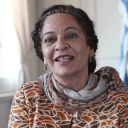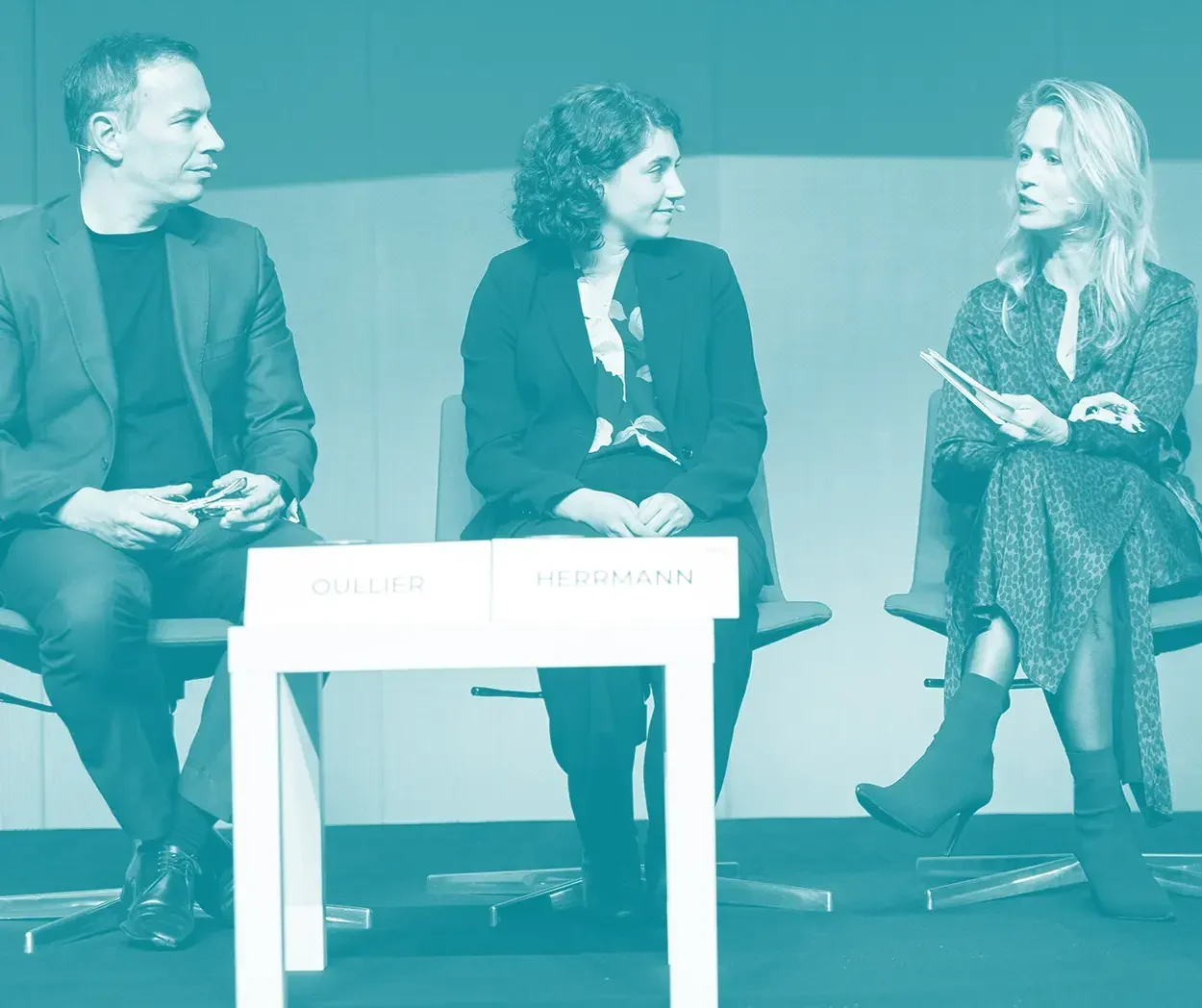Lidia Brito, a forest engineer with a Master and Doctorate in Forest and Wood Science from Colorado State University-USA, was born in Mozambique, and has been part of Eduardo Mondlane University staff since her graduation in Forest Engineering in 1981.
She has held senior positions in Mozambique such as Head of the Forestry Department from the Faculty of Agronomy (1997-1998), Vice-Rector for Academic Affairs of Eduardo Mondlane University (1998-2000), Minister for Higher Education, Science and Technology (2000-2005), and Advisor for Strategic Planning and External Relations of the Mayor of Maputo City (2005-2008).
She joined UNESCO in November 2009 as Director for Science Policy and Sustainable Development at the Natural Science Sector, in Paris, and since 2014 she is the UNESCO Regional Director for Sciences in Latin America and Caribbean region (UNESCO Montevideo Office).
Her areas of expertise range from forestry and sustainable management of Natural Resources to Higher Education, Science and Technology policies and programs as part of public policies for sustainable development. She has chaired several commissions and task teams in particular in Higher Education and STI for Sustainable Development.
She co-chaired the Scientific Organizing Committee for Planet under Pressure Conference in London, a major conference for the preparation of Rio+20, and she has been a member of several international Boards such as African Foresters Forum Governing Board, CHET Board, Stockholm Environmental Institute Governing Board, Bioversity Governing Board among others.
Currently she is part of the organizing committee for the 3rd. Open Science Forum for Latin America and the Caribbean (CILAC 2021).






